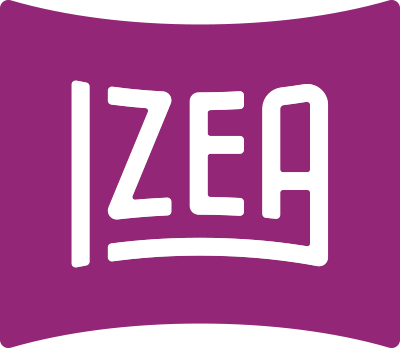 As a freelancer, you’re constantly pitching yourself and your work to clients. What if there was a way to stand out from the pack and create a memorable identity in the minds of editors? What if you could save time pitching and writing articles? What if you could increase the number of articles you sell? And what if you could boost your hourly rate regardless of the kind of work you do?
As a freelancer, you’re constantly pitching yourself and your work to clients. What if there was a way to stand out from the pack and create a memorable identity in the minds of editors? What if you could save time pitching and writing articles? What if you could increase the number of articles you sell? And what if you could boost your hourly rate regardless of the kind of work you do?
There’s an easy way to do all of these things. Specialize.
Yet freelancers often resist the idea of limiting themselves to a subject area or two. After all, we’re often attracted to freelancing because of the freedom it gives us. We’re able to choose the types of work we perform, the clients we work for, and even the hours we work. The idea of being told what we can write, or can’t, makes us itchy, right?
It shouldn’t. I’ve been freelancing fulltime for more than 14 years and more than 90 percent of the writers I know who make a good living as self-employed writers specialize. They’re not trying to write about anything and everything–they’re choosing to limit what they write about for these TK reasons:
1. Deeper background. Much of your time as a freelancer is devoted to researching articles. Specializing lets you develop a knowledge base in a particular area, which means you spend less time researching and more time actually writing. If you write about nutrition, for example, you probably already know how many grams of protein an egg has, or why coconut oil is a hot topic right now. If you cover parenting, you’re familiar with terms like “family bed,” and “attachment parenting.”
2. Higher assignment rate. You’re an editor who gets two pitches on the subject of growing your own herbs. One is from a generalist; one is from a writer who specializes in cooking and food. If the queries are of similar quality, the editor’s more likely to choose the specialist because of the perceived value that the specialist knows more–and she probably does.
3. More money. That perceived value I just mentioned? Editors will pay you more when you have experience covering a subject. I’ve used the fact that I’m a health/wellness writer to ask for, and get, higher per-word rates for stories.
4. Memorable identity. You want your editors to remember you, and think of you for assignments. I just had an editor contact me today asking if I have any articles on breast cancer, because she knows I cover health. Other editors contact me specifically because they have fitness-related stories to assign and know that I write workout pieces.
5. Deeper inventory. Most content writers don’t bother trying to sell reprint rights to their stories because the publications that purchase them don’t pay much for reprints. Well, when you specialize, you have a whole trove of stories to offer, which makes you more likely to sell multiple reprints–and again, develop an identity that editors will remember.
6. Potential platform. Want to write a book or e-book in the future? Then you’ll need a platform, or an ability to sell the book to readers. For many writers, including me, specializing is the first step to developing a platform.
Still waffling? Remember, specializing doesn’t prevent you from writing about anything you want to. You still have that option. (Even I venture out of my health/fitness/nutrition pigeonhole occasionally to tackle new subjects.)
Specializing does mean that you focus on your unique strengths and background, especially as a new writer. Specializing can get you into print. It can help you sell more of your work. And over time, it can transform a so-so freelance career into one that lets you reach your dreams and monetary goals.



